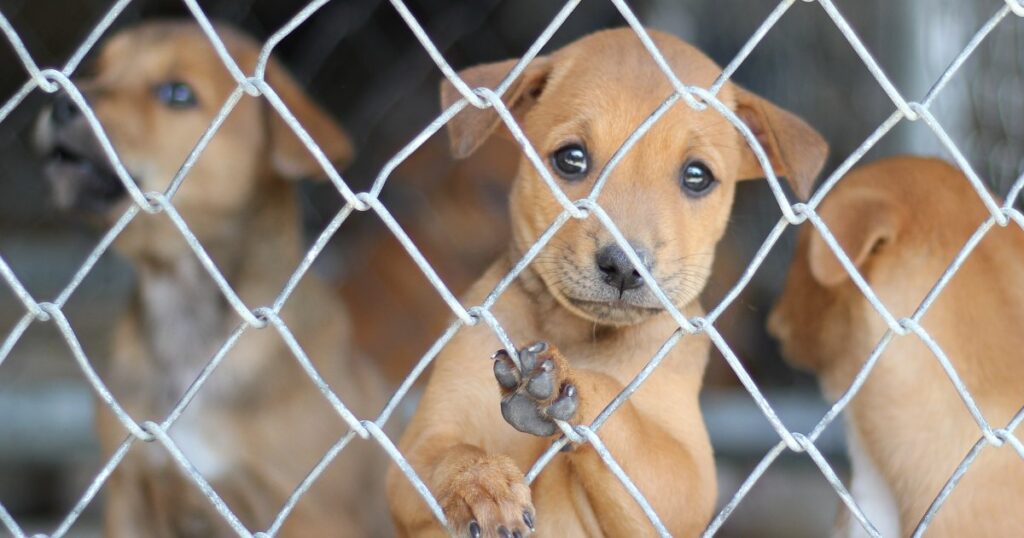Why is it so hard to adopt a dog?
It can be hard to adopt a dog for some good reasons. Wouldn’t you want the potential adopter to be vetted if your dog had to be rehomed? Adopting a dog may seem challenging at times, and there can be several reasons why you might face rejection during the adoption process. The specific reasons can vary depending on the shelter, humane society, or rescue organization.
Common factors that may make it hard to adopt a dog:
- Insufficient Preparation:
- Shelters, humane societies, and rescue organizations want to ensure that potential adopters are well-prepared to care for a dog. You may be rejected if you lack the necessary supplies, dog care knowledge, or a suitable living environment.
- Inadequate Time Commitment:
- Dogs require time and attention. If you have a busy lifestyle or work long hours, shelters may be concerned that the dog won’t receive the necessary care and socialization.
- Unsuitable Living Conditions:
- If you live in a place with restrictions on pets, such as a no-pet apartment, it can be challenging to adopt a dog. Shelters prioritize the welfare of the animals and ensure they’re placed in a suitable environment.
- Previous Incidents:
- Shelters may ask about your previous pet ownership experiences. A history of neglecting or surrendering pets can raise concerns about your ability to provide a stable and loving home.
- Lack of Compatibility:
- Sometimes, the specific dog you’re interested in may not match your lifestyle, family, or living situation. Shelters may recommend a different dog that’s a better fit.
- Financial Constraints:
- Dogs come with expenses, including food, veterinary care, grooming, and more. Shelters may hesitate to approve your adoption if you can’t demonstrate that you have the financial means to care for a dog.
- Incomplete or Inaccurate Information:
- Providing incomplete or inaccurate information on your adoption application can lead to rejection. Shelters rely on this information to make informed decisions.
- Concerns About the Dog’s Safety:
- Shelters prioritize the safety and well-being of their animals. If there are concerns that a particular dog may not be safe in your home environment or with your family members or other pets, they may reject the adoption.
- Failure to Meet Adoption Criteria:
- Shelters and rescue organizations typically have adoption criteria that potential adopters must meet. These criteria may include age, residency, and other factors. Failing to meet these requirements can lead to rejection.
- Limited Availability:
- Sometimes, the dog you wish to adopt may already have several interested adopters, and the shelter may choose another family based on compatibility.
Your Options:
It’s important to remember that shelters and rescue organizations have the animals’ best interests at heart. While rejection can be disheartening, it’s essential to respect their decisions and work on addressing any concerns they may have raised. You can also consider applying to municipal animal shelters with different adoption criteria or a dog that fits your situation better.

